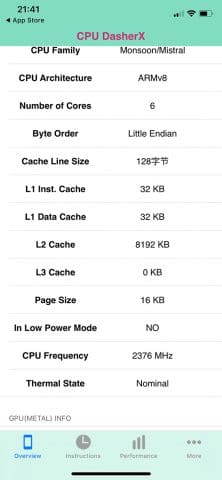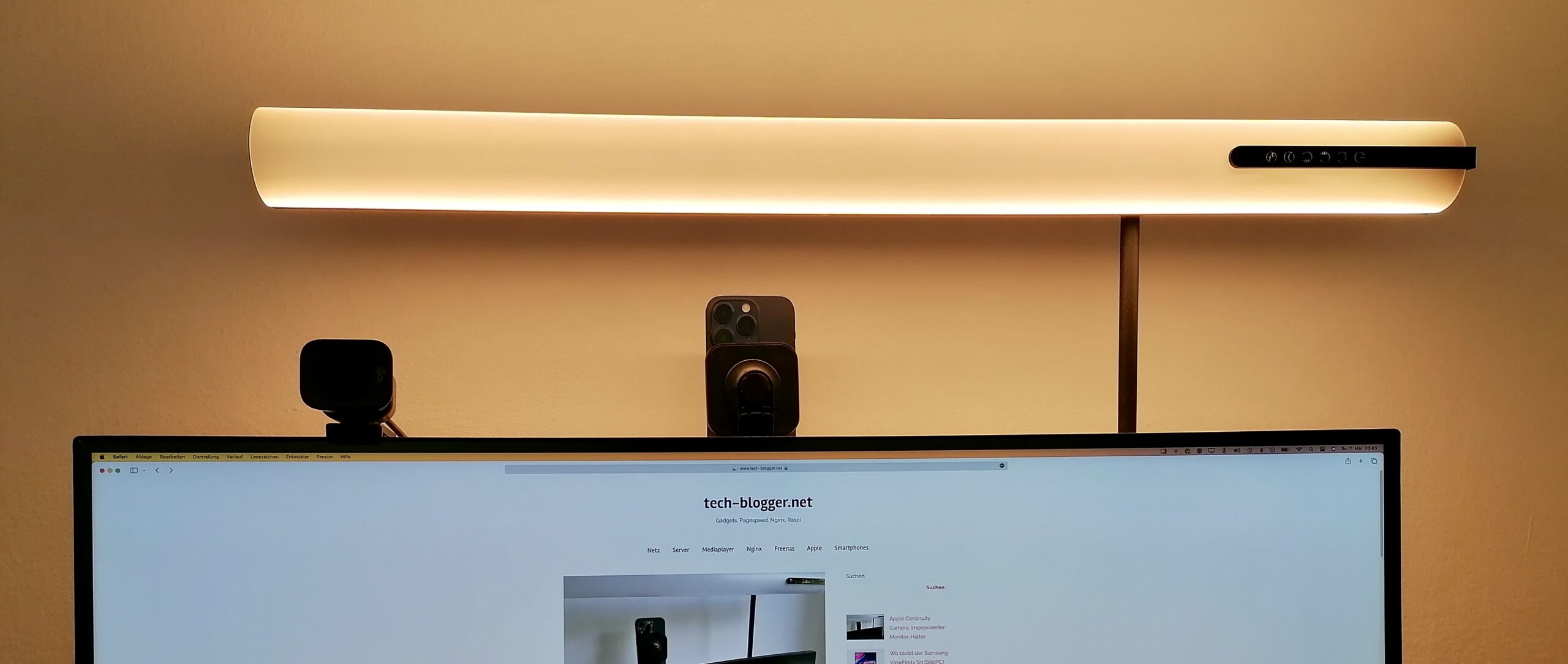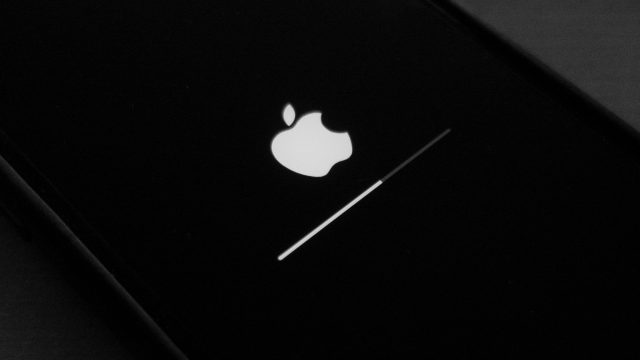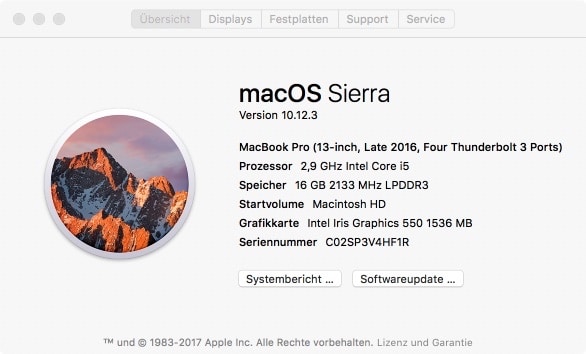Currently there are reports that Apple is throttling the CPU clock on devices whose battery is no longer the fittest. Although this results in a constant runtime, the device becomes noticeably slower.

There have been postings for quite some time that iPhones are getting slower and slower over time, especially with new iOS versions. Now there seems to be an explanation for this: after the update to 10.2.1, which should solve the battery problem on iPhone 6s and 6, benchmarks like Geekbench are lower on some devices.
The connection seems to be the wear and tear of the battery: after a battery exchange, the original performance is reached again. The problem: the user cannot see that the device is running slower than it should due to an aged battery. Unfortunately, replacing the battery of the iPhone is not easy: outside the warranty, the Battery service 89 euros. However, it seems to work with batteries from uncertified service providers, as long as the battery has more capacity again.
Update 12-21-2017:
Apple has announced that the hardware throttling is intended to avoid immediate shutdown during peak loads. This could be due to an aged battery or in extremely low temperatures - the voltage supplied by the battery would then cause iPhone to shut down immediately when running at full power.
Update 12/29/2017:
Apple now has a public letter in which the group contradicts the presentation that older devices were throttled in order to induce customers to buy new ones. In addition, at least in the U.S., the price for a battery replacement for devices from iPhone 6 on will be reduced to $29 - until December 2018, at which time the previous prices will probably apply again.
How Apple will deal with the battery problem in Europe and especially in Germany is still open: corresponding information is not yet available, but will probably be available soon.
My opinion: Basically, the exchange "performance for runtime" makes sense - if the user would be informed and could take care of the exchange of the battery. In case of doubt the user has to deal with the question if the battery has already reached the corresponding, not documented wear level. The AppleCare warranty covers a battery exchange of a remaining capacity of 80 percent - probably the throttle limits are in this range.
As expected, Apple has not submitted any comments and is not expected to do so. It is also open whether other Apple devices are affected: There are reports on iPhone 6, 6s and 7 - whether a similar mechanism exists for iPads is still open. There is also no data yet on the recently released iPhone X.
Further links:
- Reports: Old battery slows iPhone down [heise.de]
- Slowing down iPhones: Benchmarks indicate throttling by iOS [heise.de]
- iPhone Performance and Battery Age (geekbench.com)


